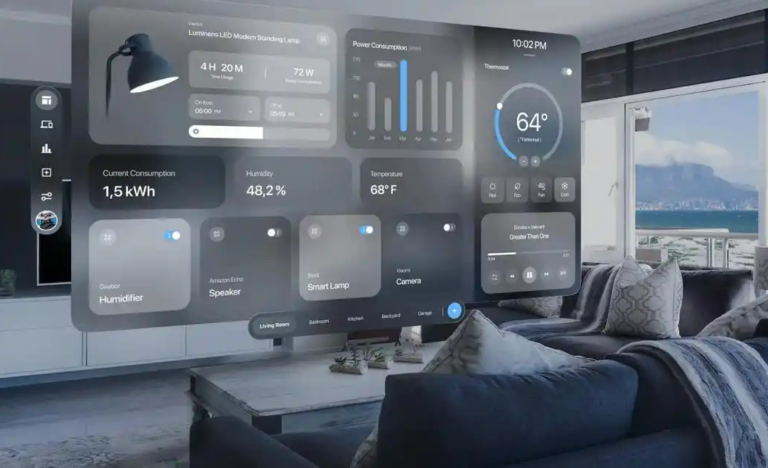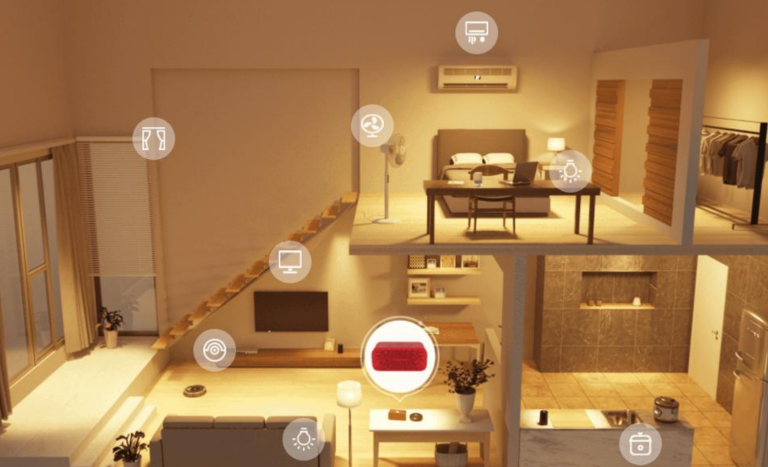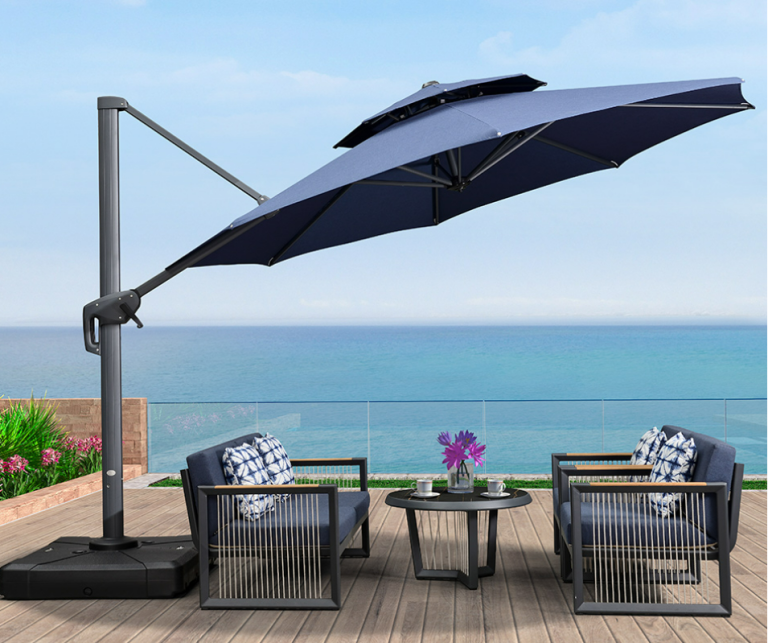

Smart Homes Transforming Lives: These Products Are Worth Buying
Introduction: The Smart Home Revolution
Gone are the days when smart homes were a futuristic fantasy. Today, they’re a cornerstone of modern living, blending convenience, security, and sustainability into everyday life. From voice-controlled lights to AI-driven thermostats, smart technology is no longer optional—it’s transformative. But with so many products flooding the market, which ones are truly worth your investment? Let’s dive in.
1. Why Smart Homes Are No Longer a Luxury
The Shift from Convenience to Necessity
Smart homes have evolved from niche gadgets to essential household features. In 2025, 67% of homebuyers prioritize properties with smart tech, citing energy savings and security as top motivators.
How Smart Tech Enhances Daily Living
Imagine your home learning your habits: lights dimming at bedtime, your thermostat adjusting before you wake up, or your fridge reminding you to buy milk. This isn’t sci-fi—it’s today’s reality.
2. Top Smart Home Products to Invest In
Smart Thermostats: Energy Efficiency Meets Comfort
- Nest Learning Thermostat: Adapts to your schedule, cutting energy bills by 20%.
- Ecobee SmartThermostat: Integrates with Alexa for voice control and room sensors for precision.
Smart Lighting Systems: Ambiance at Your Fingertips
- Philips Hue: Customize colors and schedules via app or voice.
- Nanoleaf String Lights: Affordable, holiday-ready, and app-controlled.
Home Security Upgrades: Peace of Mind, Simplified
- Ring Video Doorbell: Real-time alerts and HD video for under $100.
- Arlo Pro 5S 2K Camera: Facial recognition and robust automation.
Smart Kitchen Appliances: The Future of Cooking
- LG InstaView Fridge: See inside without opening the door.
- Samsung Smart Oven: Preheat remotely and get recipe suggestions.
Voice Assistants: The Brain of Your Smart Home
- Amazon Echo Show 8: Centralized control with a touchscreen.
- Google Nest Hub: Seamless integration with Android devices.
3. The Real Estate Impact of Smart Homes
Increased Property Value
Homes with smart features sell for 10% more on average, with luxury smart homes doubling the value of traditional properties.
Buyer Preferences in 2025
Millennials and Gen Z demand integrated ecosystems (like Apple HomeKit) and energy-efficient upgrades.
4. Health and Wellness Benefits
Air Quality Monitors
Devices like Eve Room track pollutants and humidity, alerting you to unhealthy conditions.
Sleep-Optimized Lighting
Smart bulbs reduce blue light at night, improving sleep cycles.
5. Sustainability and Energy Savings
Reducing Carbon Footprints
Smart plugs (e.g., Eve Energy) monitor usage, helping households cut waste by 15%.
Smart Meters and Solar Integration
Real-time energy tracking pairs with solar panels for off-grid living.
6. Overcoming Challenges: Privacy and Compatibility
Cybersecurity Risks
Secure your network with separate Wi-Fi for IoT devices and regular firmware updates.
Choosing Interoperable Ecosystems
Stick to one platform (e.g., Google Nest or Amazon Alexa) to avoid fragmentation.
7. The Future of Smart Homes
AI and Predictive Automation
Soon, your home will anticipate needs, like ordering groceries when supplies run low.
Biophilic Design Meets Tech
Expect living walls with smart irrigation and circadian lighting mimicking natural rhythms.
Conclusion: Is a Smart Home Right for You?
Smart homes aren’t just about gadgets—they’re about enhancing quality of life. Whether you’re a tech enthusiast or a pragmatic homeowner, the right products can save time, money, and stress. Start small, think big.
FAQs About Smart Home Products
1. What’s the easiest smart home device to install?
Smart plugs (like Eve Energy) require no wiring—just plug and play.
2. Do smart homes increase electricity bills?
No! Smart thermostats and lights reduce energy waste, lowering costs.
3. Are voice assistants always listening?
They activate only after hearing a wake word (e.g., “Alexa”), but disable mic access if concerned.
4. Can renters install smart home tech?
Yes! Portable devices (e.g., smart bulbs, plugs) are renter-friendly.
5. What’s the next big trend in smart homes?
AI-driven predictive automation and self-repairing appliances.






